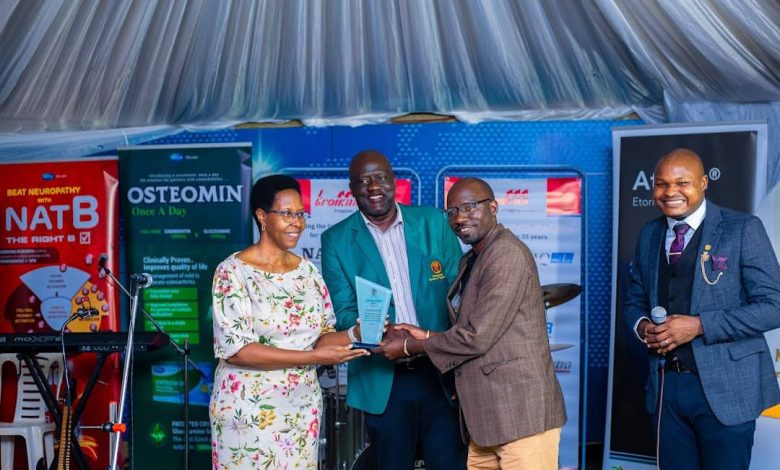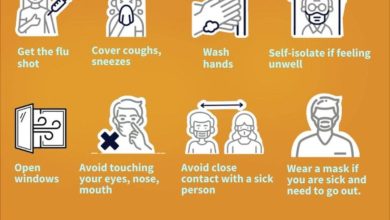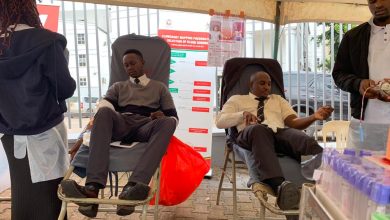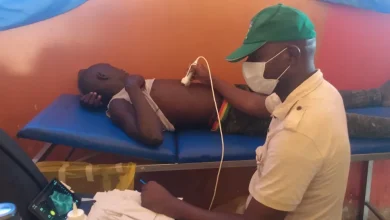High cost of orthopedic treatment at Mulago Hospital drives away patients, say doctors

Health
Doctors at Mulago Hospital’s Orthopedic Department have raised alarm over the high costs of treatment, which they say are deterring patients from seeking care.
Essential orthopedic implants such as screws, plates, and nails, which patients must purchase themselves, have been cited as a major barrier.
Speaking during an end-of-year gathering in Kampala, Dr. Nobert Ortho, Clinical Head of the Surgical Division, revealed the heavy workload handled by the department despite persistent challenges.
He noted that the department conducts over 3,000 emergency surgeries and 500 elective surgeries annually, while treating more than 20,000 outpatients.
“These numbers are enormous and not a joking subject,” Dr. Ortho said, applauding the commitment of the orthopedic team.
However, he emphasized the urgent need for budgetary support to reduce treatment costs, arguing that implants should be classified as essential medical supplies.
“The cost of implants should be treated as an essential medical requirement with a budgetary allocation for emergency care,” he stated.
Dr. Ortho highlighted that implant prices in Uganda mirror those across the region, with a single nail costing $100 and plates and screws priced at $50.
He called on suppliers to show empathy toward patients’ financial struggles, urging them not to prioritize super-profits over affordability.
Equipment Mismanagement and Theft
The department also faces significant challenges in managing and safeguarding equipment.
Dr. Ortho decried the theft of essential items like monitors and probes, which hampers service delivery.
“Monitors and probes are often stolen, leaving doctors struggling to perform surgeries,” he lamented, calling for improved vigilance and accountability to protect hospital resources.
Dr. Rose Byanyima, Executive Director of Mulago National Referral Hospital, acknowledged the challenges but highlighted progress in securing critical resources.
She announced the hospital’s success in obtaining an shs 18 billion budget for specialised medicines, marking a major improvement in addressing patient needs.
“By the time I came into office, we didn’t have a budget for specialised medicines, but now we have one to the tune of UGX 18 billion,” Dr. Byanyima revealed, attributing the achievement to improved advocacy and public service delivery.
To address the high cost of implants, Dr. Byanyima unveiled plans to establish an “implant plaza” with multiple suppliers to ensure quality and affordability while preventing unauthorised implant sales on hospital wards.
She also proposed the fabrication of reusable splints to replace the makeshift cardboard alternatives currently used in the Accident and Emergency Unit.
Dr. Byanyima stressed the importance of accountability and stewardship in utilising the hospital’s resources.
“Let us be good stewards of whatever is entrusted to us. If you see someone wasting resources, be each other’s watchdogs to eliminate waste and pilferage,” she urged.




